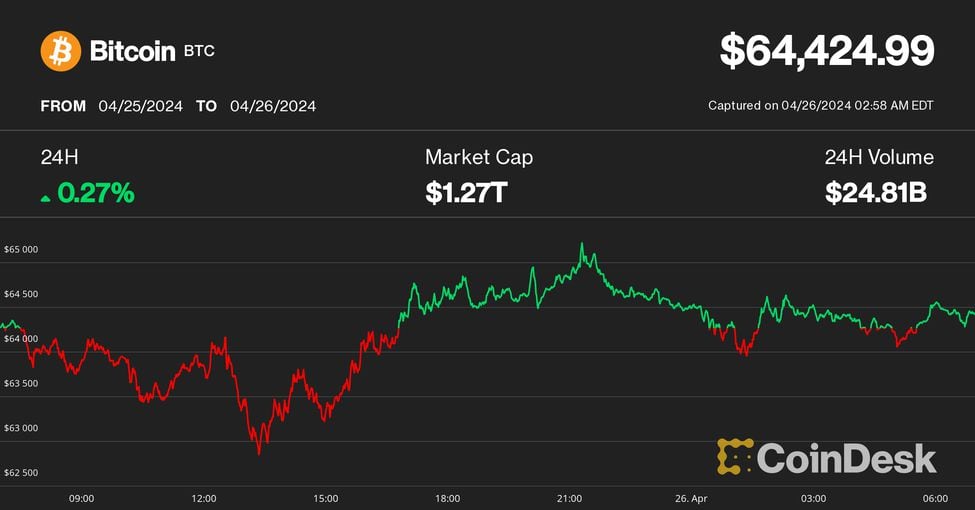Digital Currency Group (DCG), a prominent venture capital conglomerate, has announced the closure of its prime brokerage subsidiary, TradeBlock. The decision to shut down TradeBlock, led by Breanne Madigan, stems from a combination of factors including the state of the broader economy and an uncertain regulatory environment for cryptocurrencies in the United States. The process of winding down TradeBlock’s operations is set to begin on May 31.
DCG says Tradeblock will shut down on May 31
The closure of TradeBlock comes as DCG and its portfolio of companies face challenges in the prolonged crypto winter. Earlier this year, DCG had already closed its wealth-management division headquarters. The economic downturn and the regulatory complexities surrounding digital assets in the US were significant factors in the decision to sunset the institutional trading platform aspect of TradeBlock’s business.
DCG has experienced setbacks in recent times, including significant layoffs across its companies. Over 500 employees were let go due to the repercussions of FTX’s collapse and the broader decline in the cryptocurrency market. In addition, DCG disclosed losses exceeding $1 billion in 2022, primarily attributed to the downfall of the cryptocurrency hedge fund Three Arrows Capital.
The firm blames debt and crypto winter for its issues
Adding to its troubles, DCG has missed a $630 million debt payment owed to Gemini, a troubled cryptocurrency exchange. Gemini is now considering a forbearance option concerning DCG, which failed to fulfill its repayment obligation. Forbearance would allow the firm, as the borrower, to temporarily reduce or suspend payments, with the expectation of resuming them at a later stage. Gemini has indicated that its consideration of forbearance would depend partly on DCG’s willingness to engage in good-faith negotiations to reach a consensual agreement.
The challenges faced by DCG and TradeBlock highlight the volatility and complexities within the cryptocurrency industry. Economic uncertainties, regulatory hurdles, and market fluctuations have presented significant obstacles for companies operating in the sector. As the industry continues to evolve, market participants will need to navigate these challenges while seeking stability, regulatory clarity, and sustainable business models.
The closure of TradeBlock serves as a reminder of the need for adaptability and strategic decision-making in the face of a rapidly changing landscape. Despite these setbacks, the cryptocurrency industry remains resilient, with ongoing innovations and advancements shaping the future of finance. Industry stakeholders will closely monitor developments in the regulatory sphere to ensure a conducive environment for growth and continued innovation in the digital asset space.





